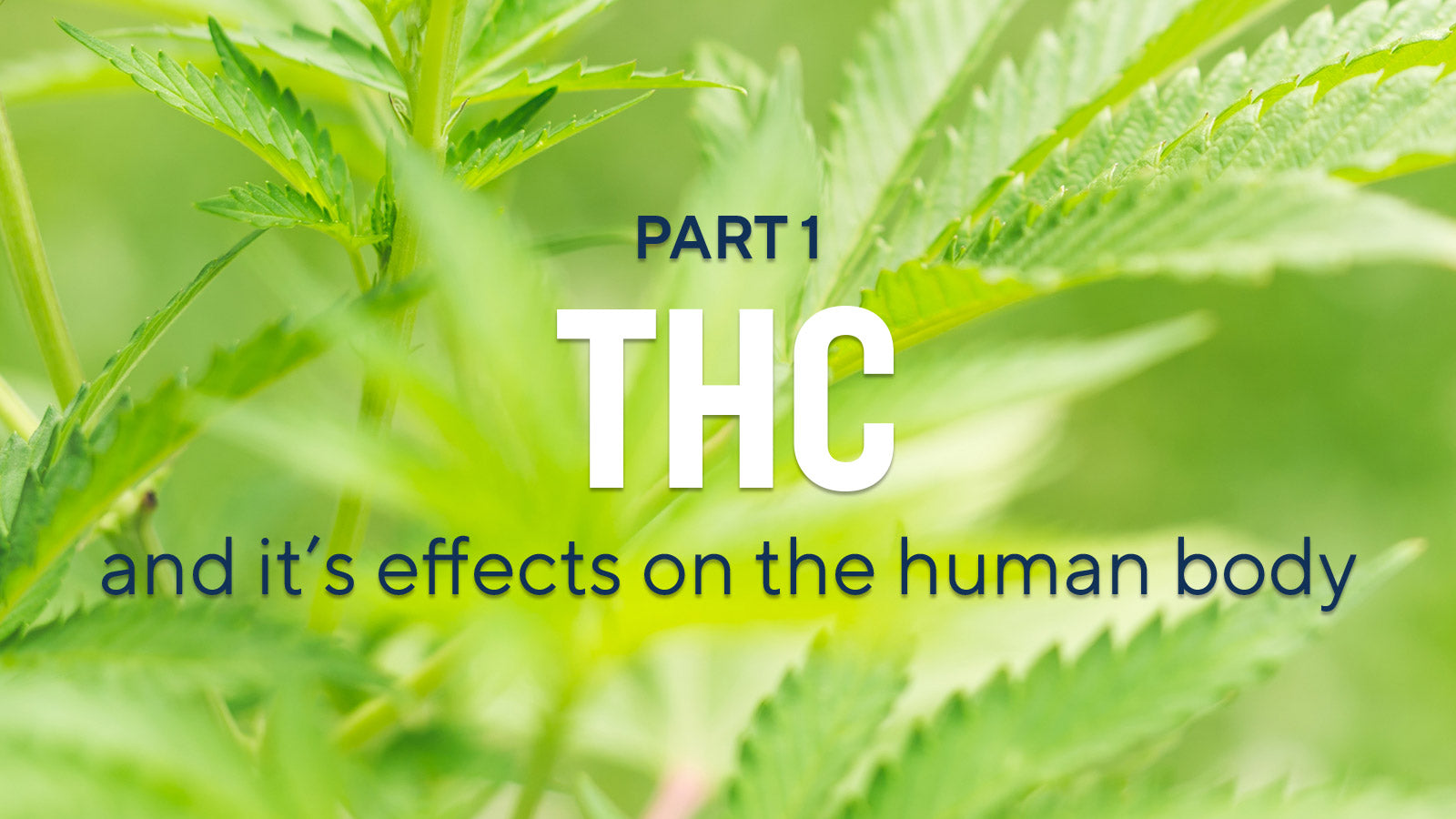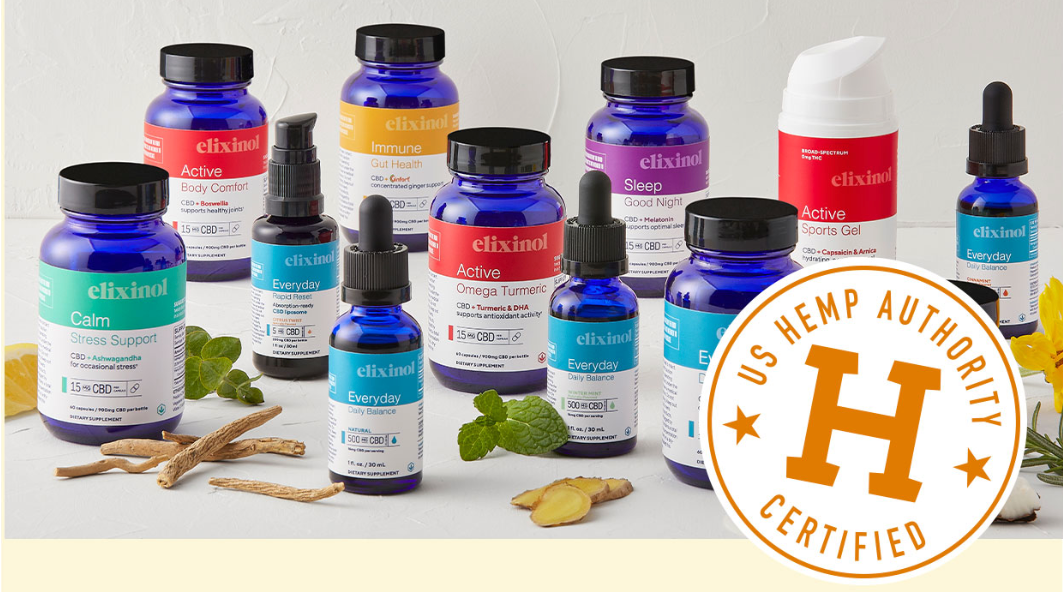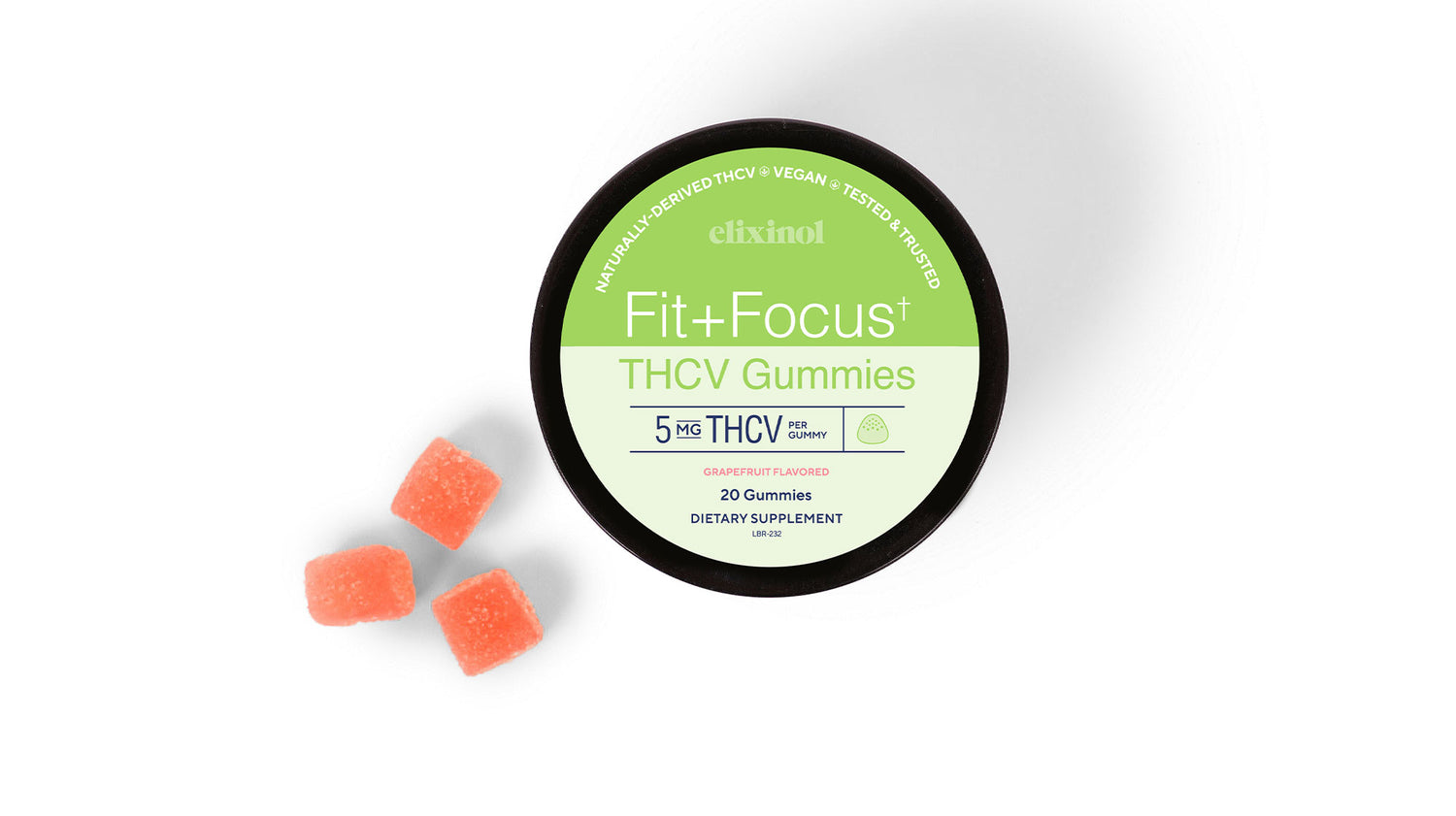Along with CBD, THC is the most known cannabinoid found in the Cannabis sativa plant, and we’ve discussed some of its properties in a previous article. This time however we’ll take a closer look at this compound and we’ll analyze the good and the bad effects of THC, based on the existing studies.
Although until a few years ago THC was considered the most psychoactive compound in the cannabis plant, this substance actually results from another compound, called CBGA (cannabigerolic acid), which is naturally produced by Cannabis sativa.
A portion of CBGA is converted to THCA, an acid substance. This compound is the one that generates THC when exposed to UV light or heat.
Depending on the method used for processing the plant, up to 70% of the THCA can be converted to THC, so when labs analyze the content of THC in a product, they actually measure THCA as well.
However, this doesn’t apply to hemp products like CBD oil for example, which are obtained from different parts of the plant and have a much lower, almost insignificant concentration of THC: around 0.3% in most varieties of industrial hemp.
It is, therefore, essential to point out that hemp products do NOT contain THC, therefore are not psychoactive. This means that CBD oil does not induce a euphoric sensation and doesn’t make one high, so it can be safely used as a dietary supplement.
Now let’s move on to discussing the other properties and effects of THC, as the psychoactive action is widely known already.
Positive effects of THC (Tetrahydrocannabinol)
THC interacts with the CB1 and CB2 receptors in the human body; the former is located in the nervous system, and this is why it induces euphoric feelings, but the latter is part of the immune system. This seems to play an important role in the overall health effects of THC, studies suggesting that the activation of the CB2 receptor may help in reducing stress levels, improving the immune function and minimizing the risk of inflammation.
Moreover, it seems that the activation of the CB1 receptor could help in regulating appetite and reducing the intake of fats, thus helping in weight management.
THC can cause anxiety in some people and even paranoia, but it also seems to have pain-relieving effects and to act like a natural neuroprotective agent. One study found this compound to be helpful, and another pilot clinical study showed that it may exert an antiproliferative action.
While it’s obvious that in an unsupervised environment it’s extremely hard to separate the positive effects of this compound from its psychoactive action, it wouldn’t be fair to say that THC is completely harmful for the human body. But until researchers identify a way to minimize the psychoactive action of THC, we prefer to keep our product completely THC-free, and to focus on another well-known cannabinoid, CBD, extracted from high-quality industrial hemp.




